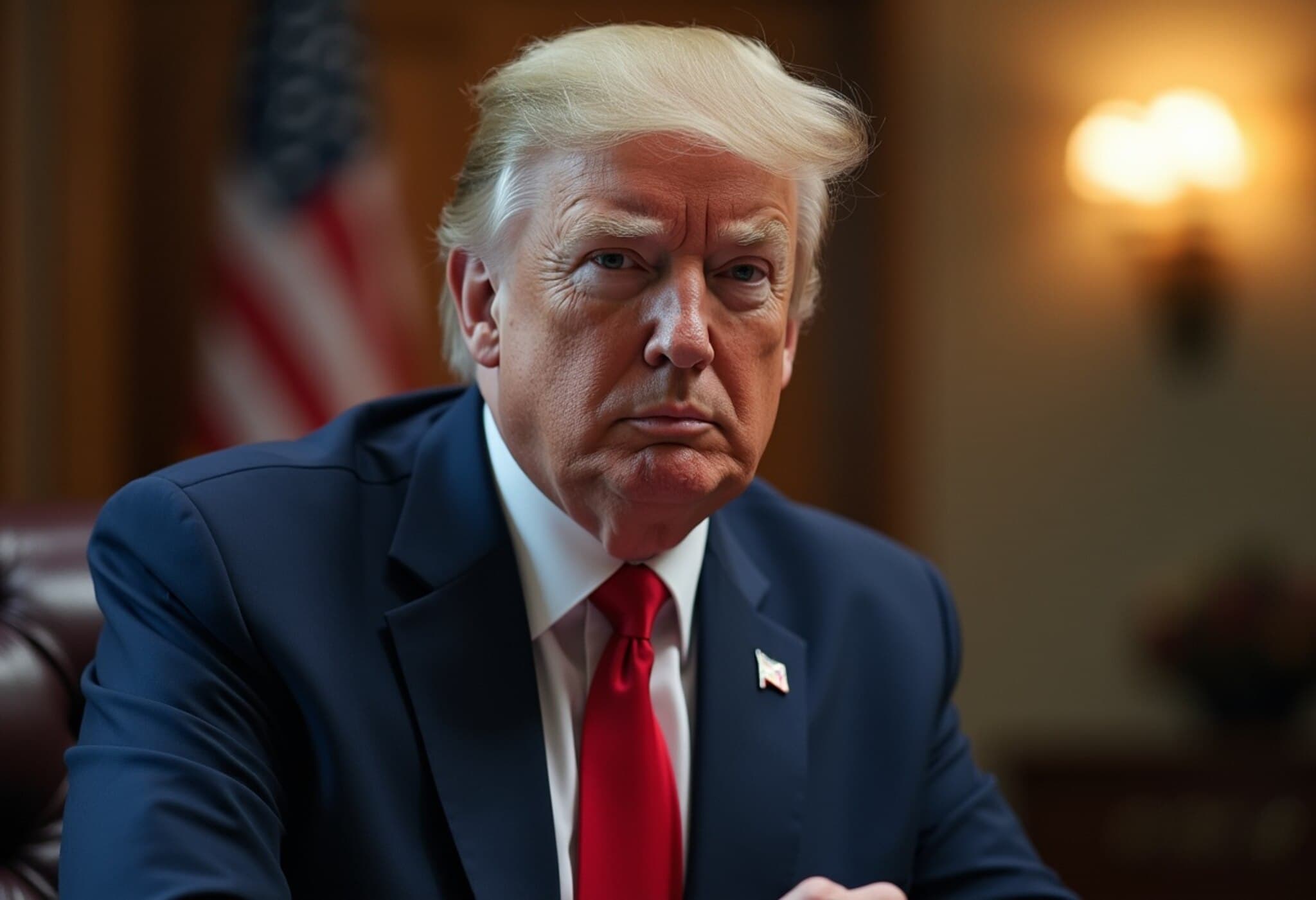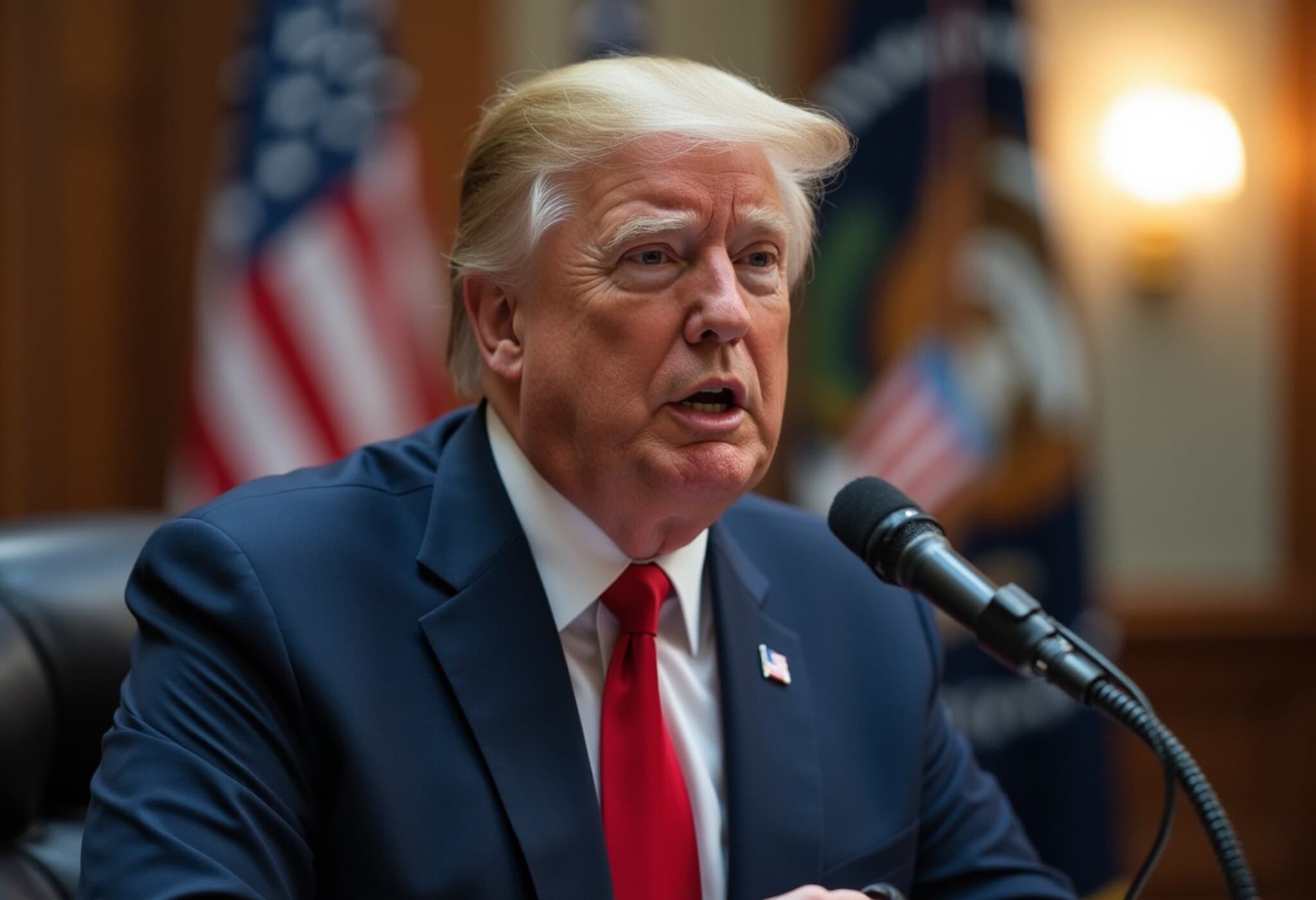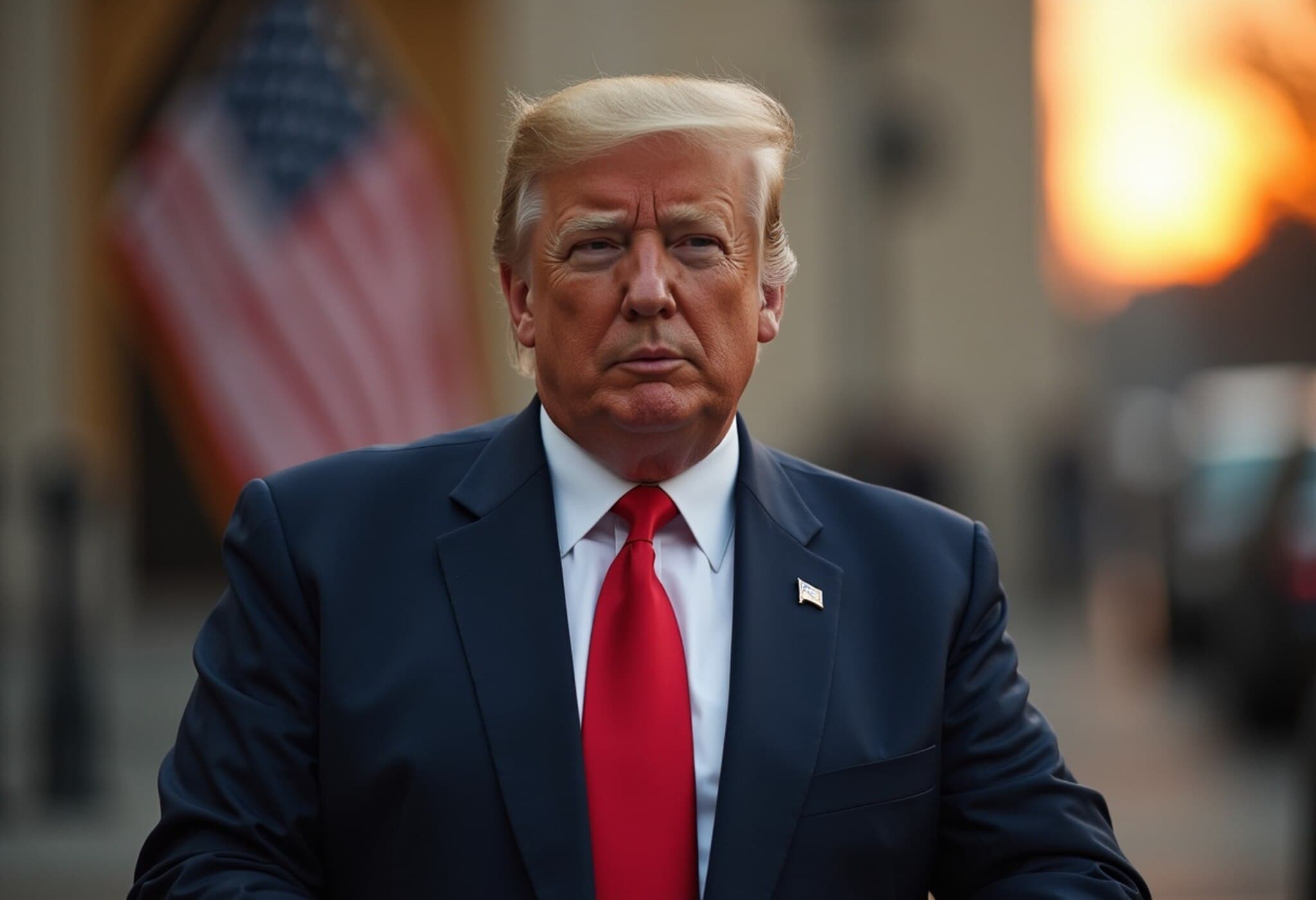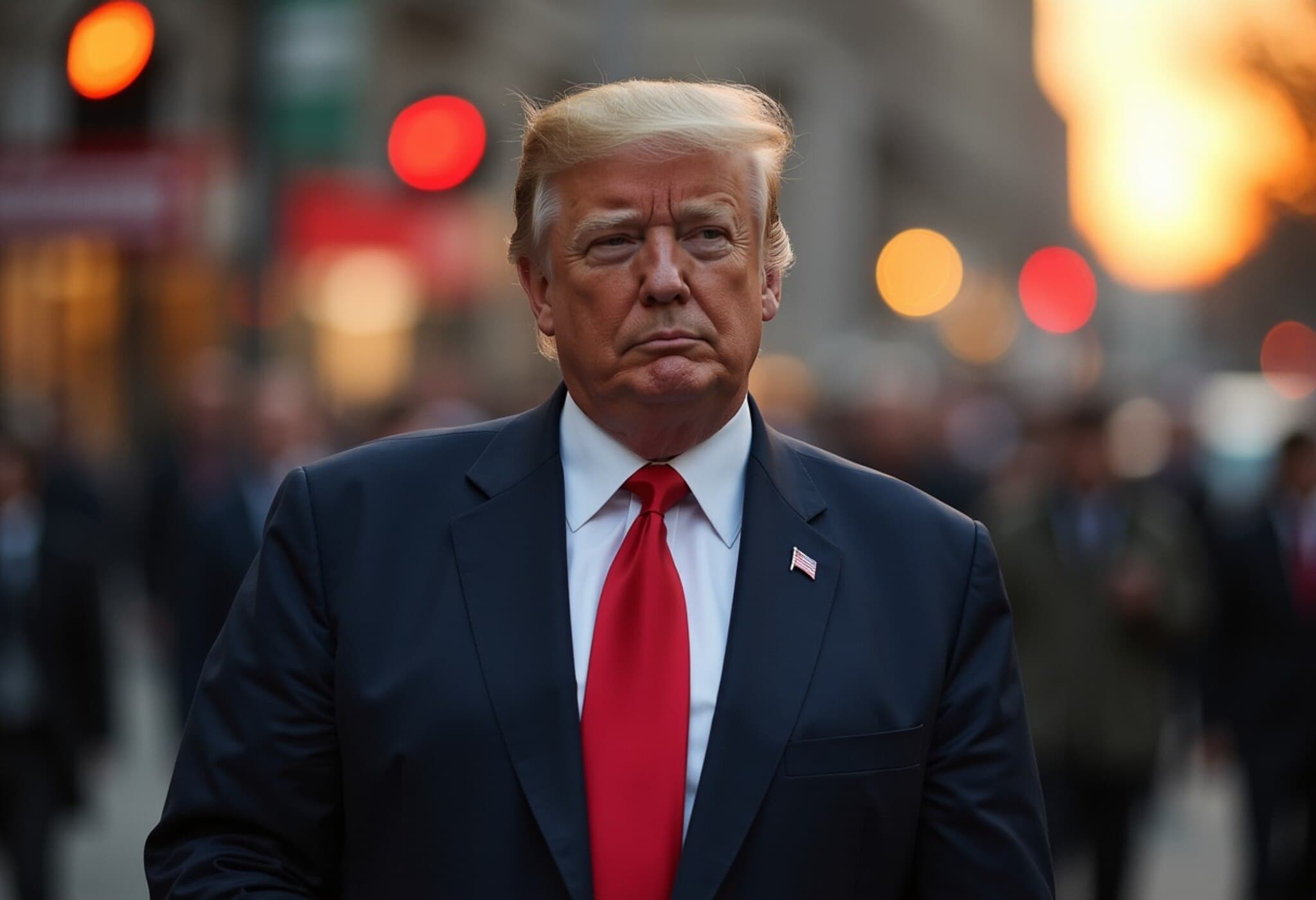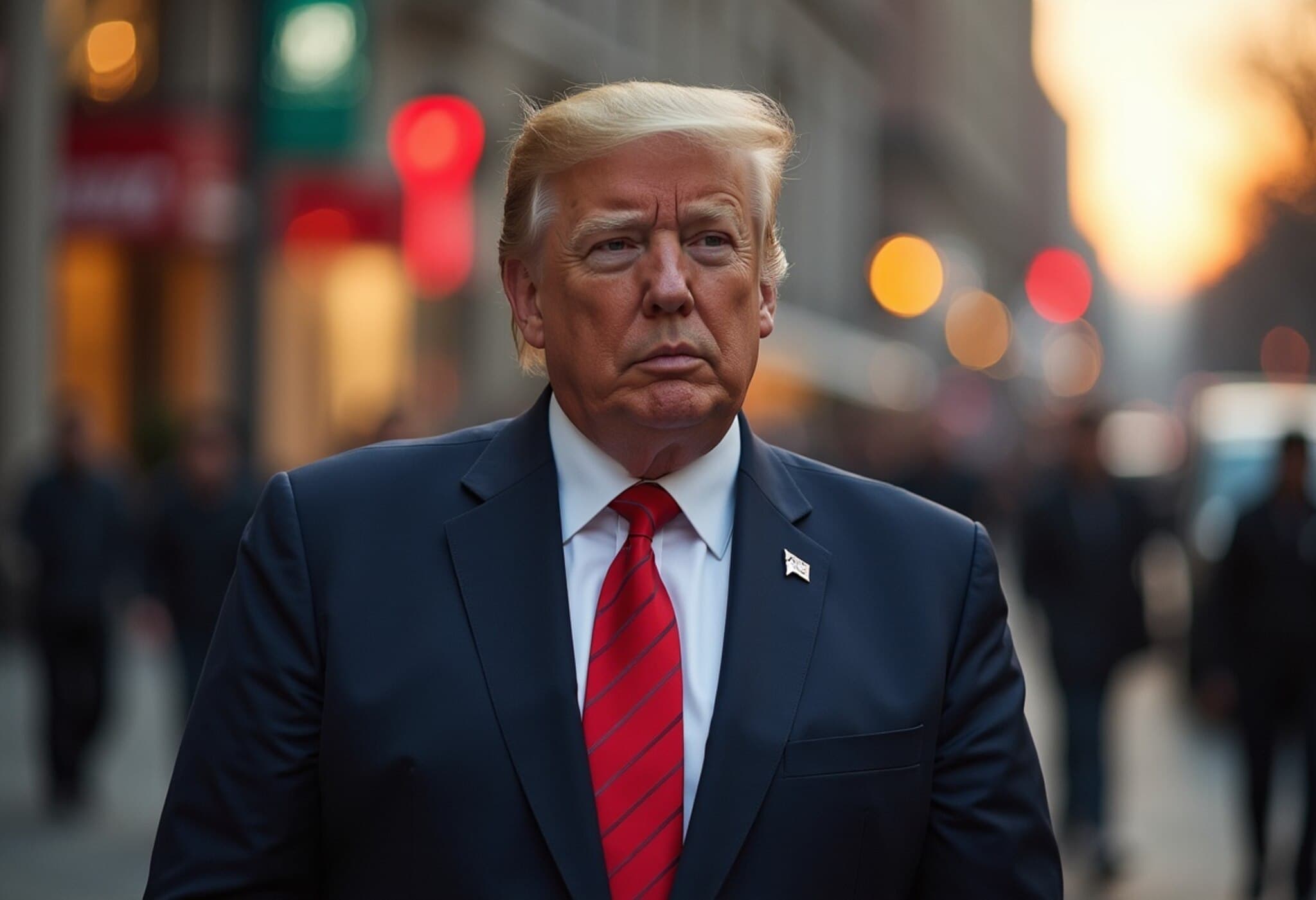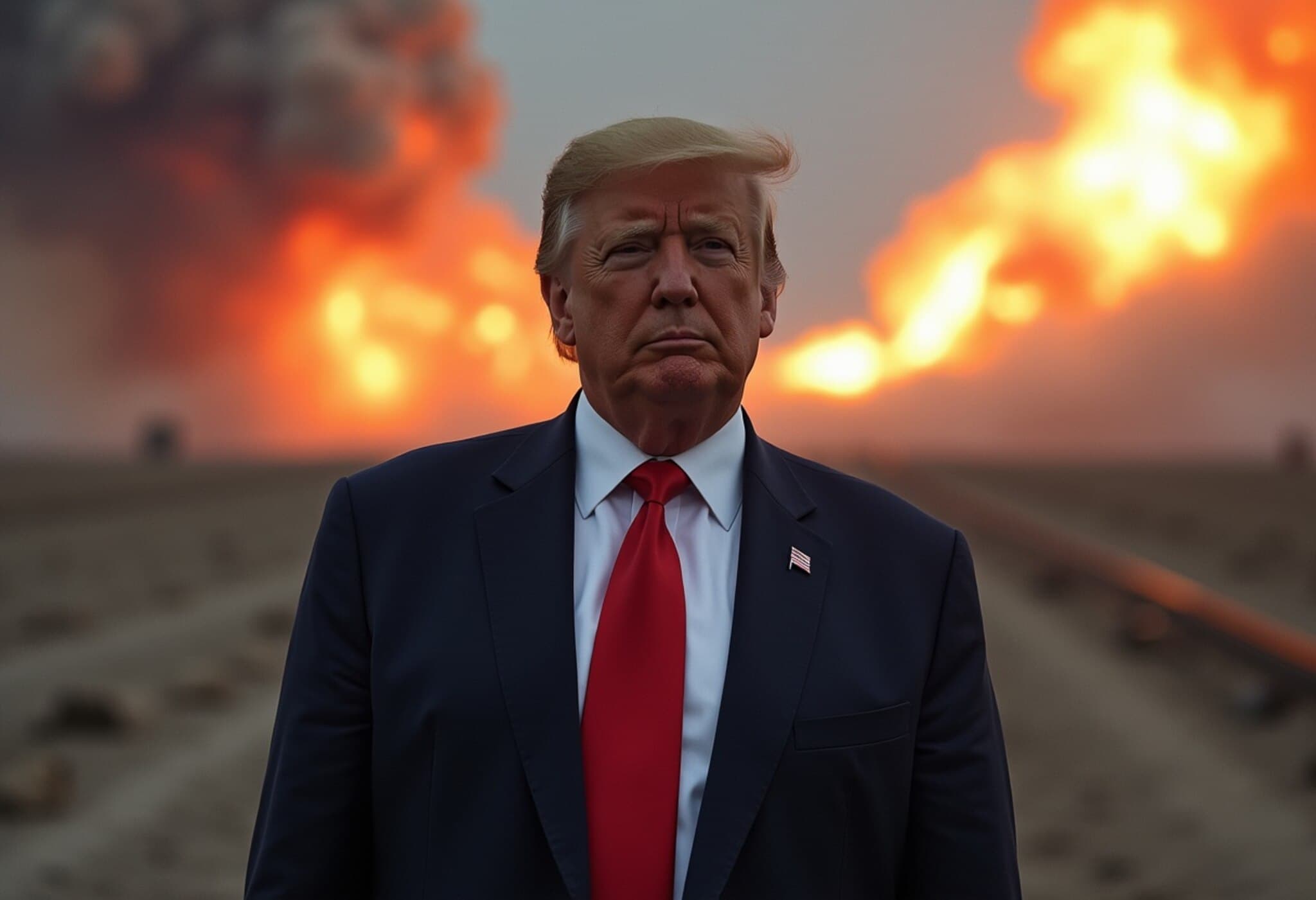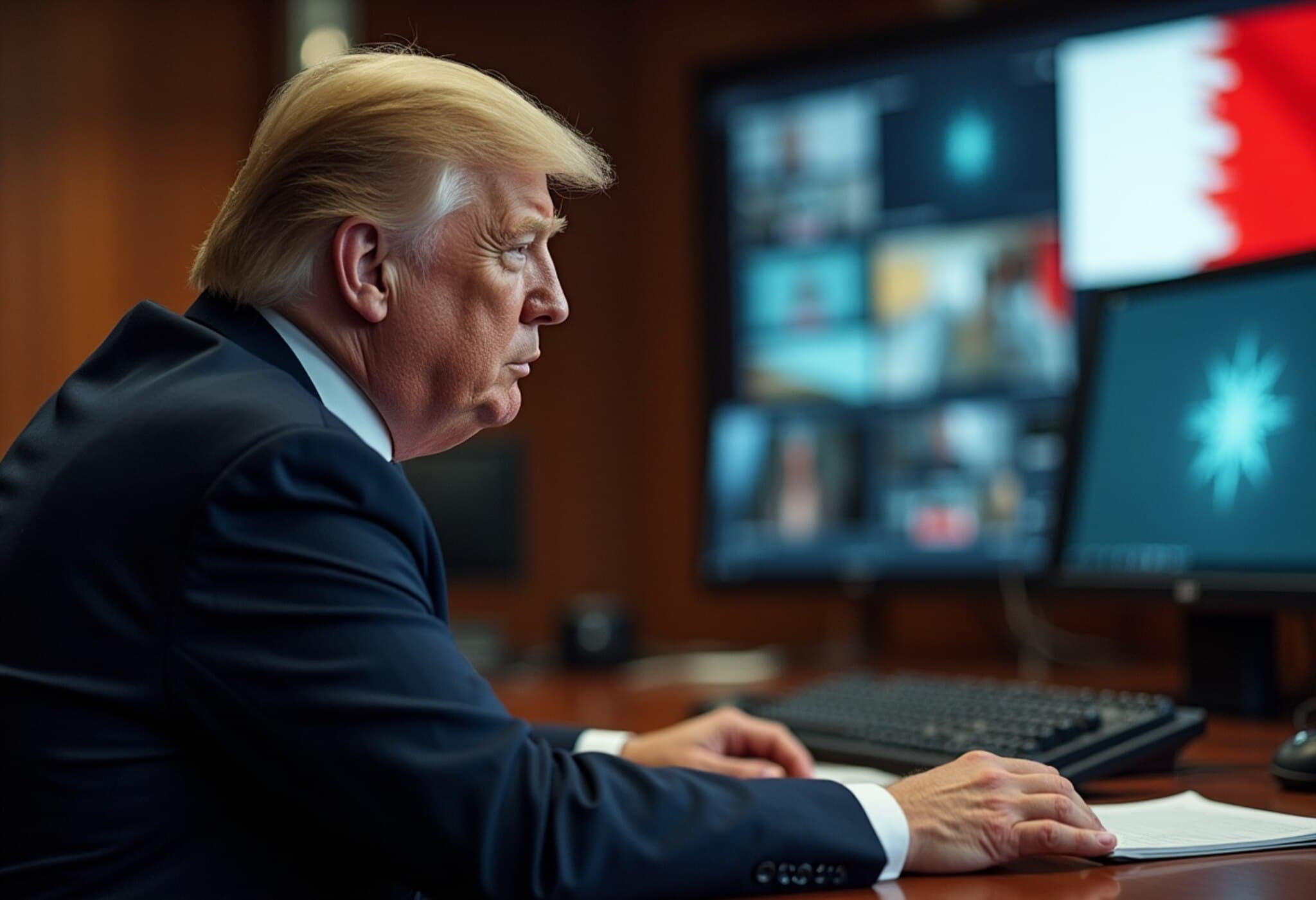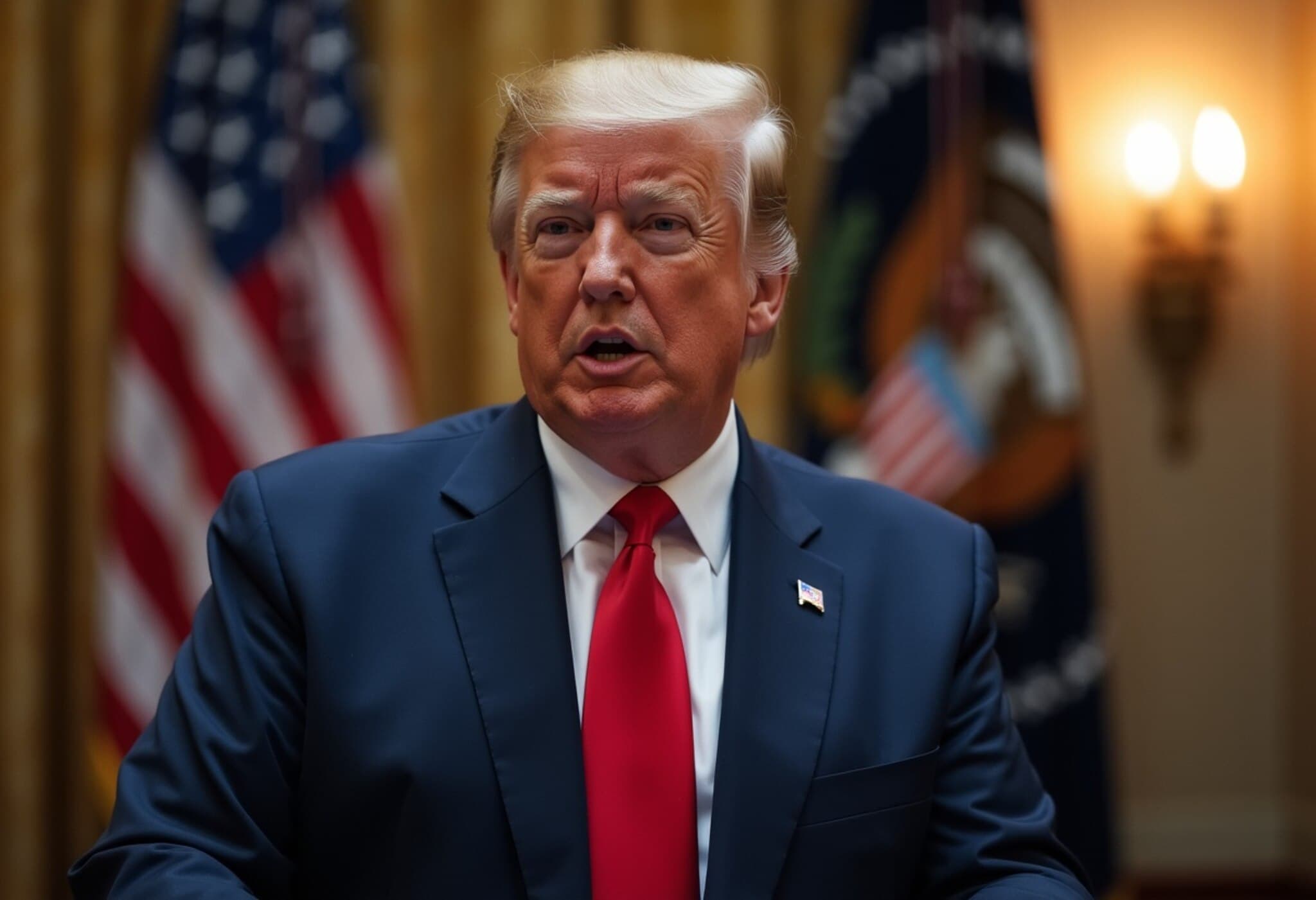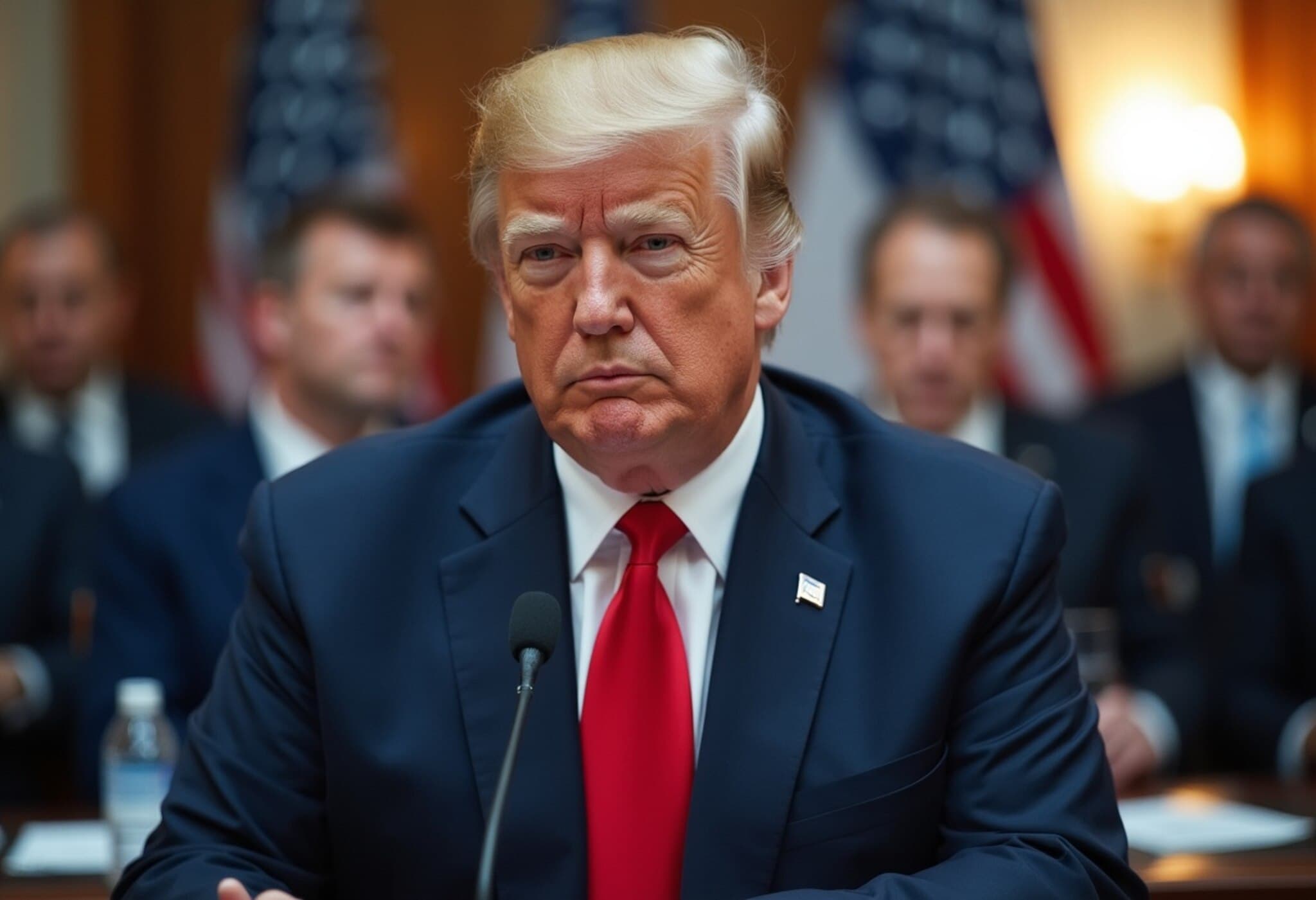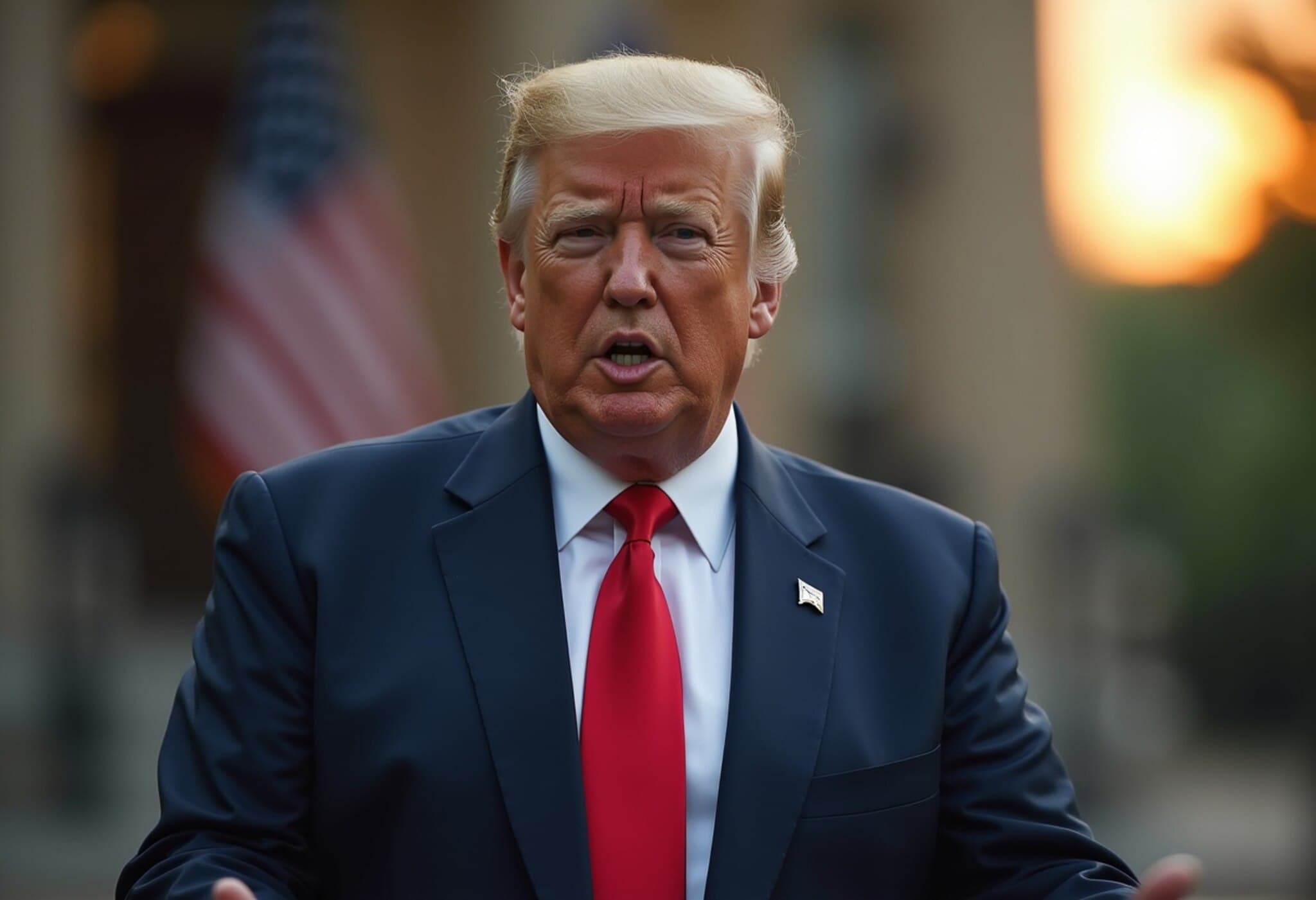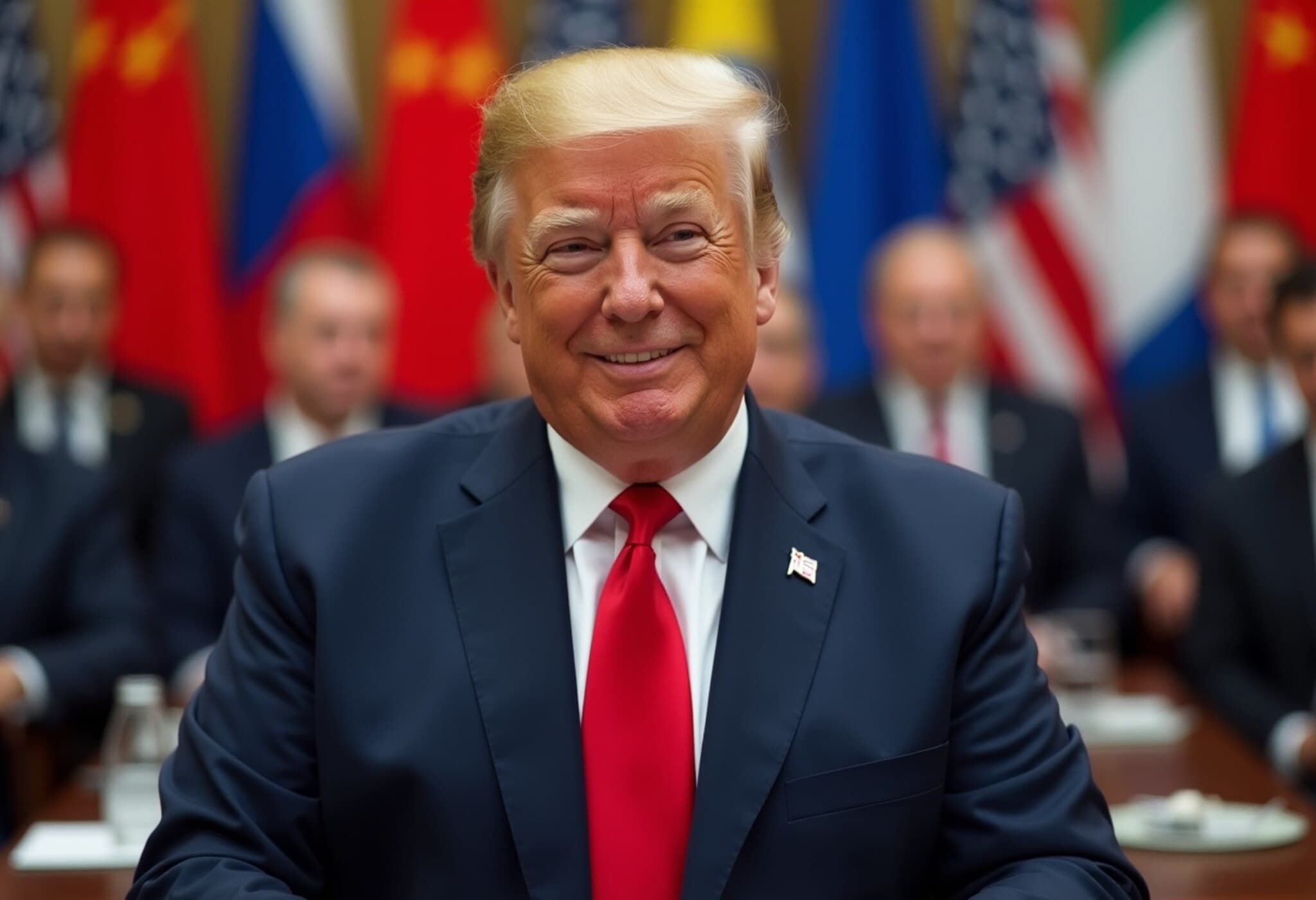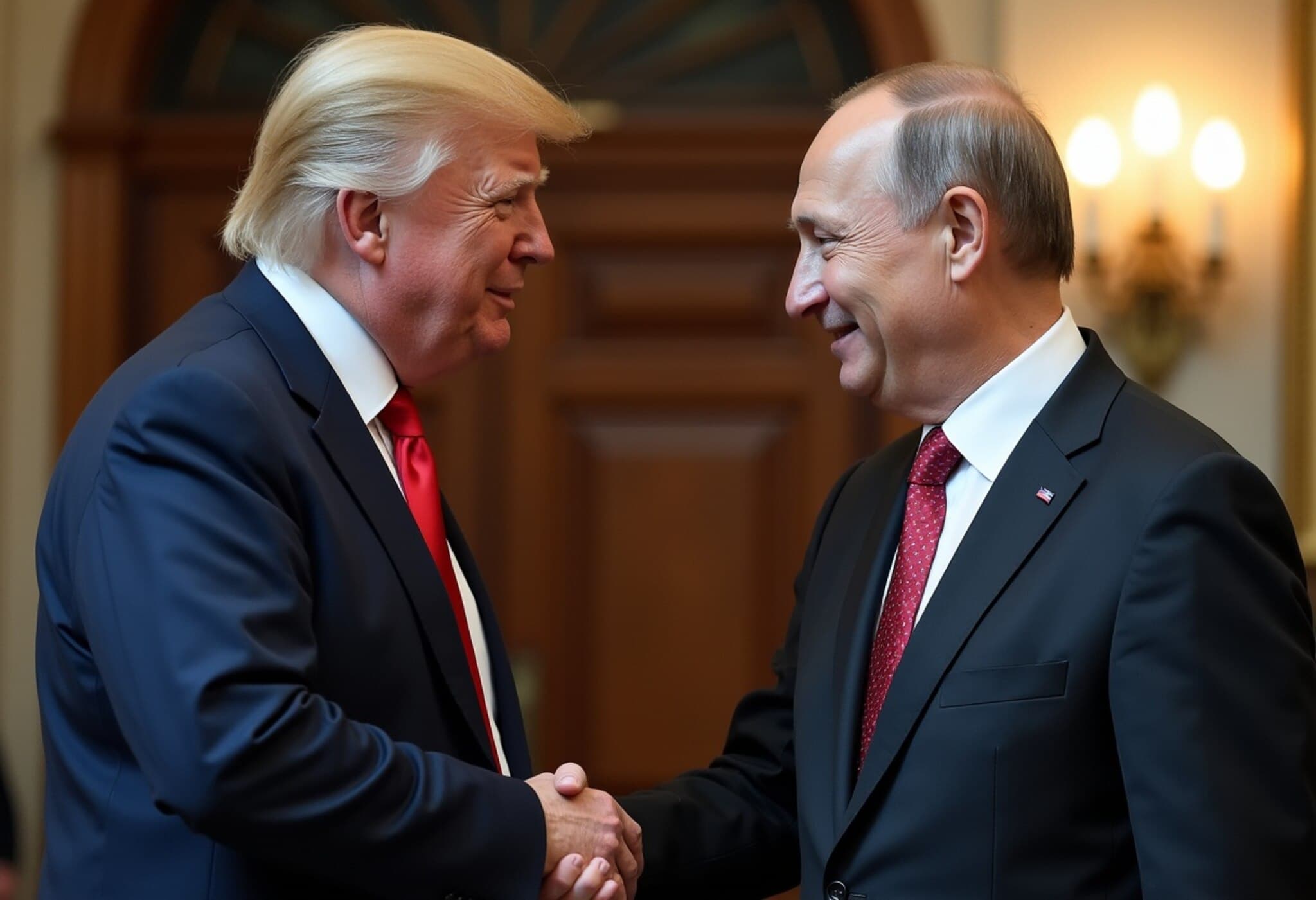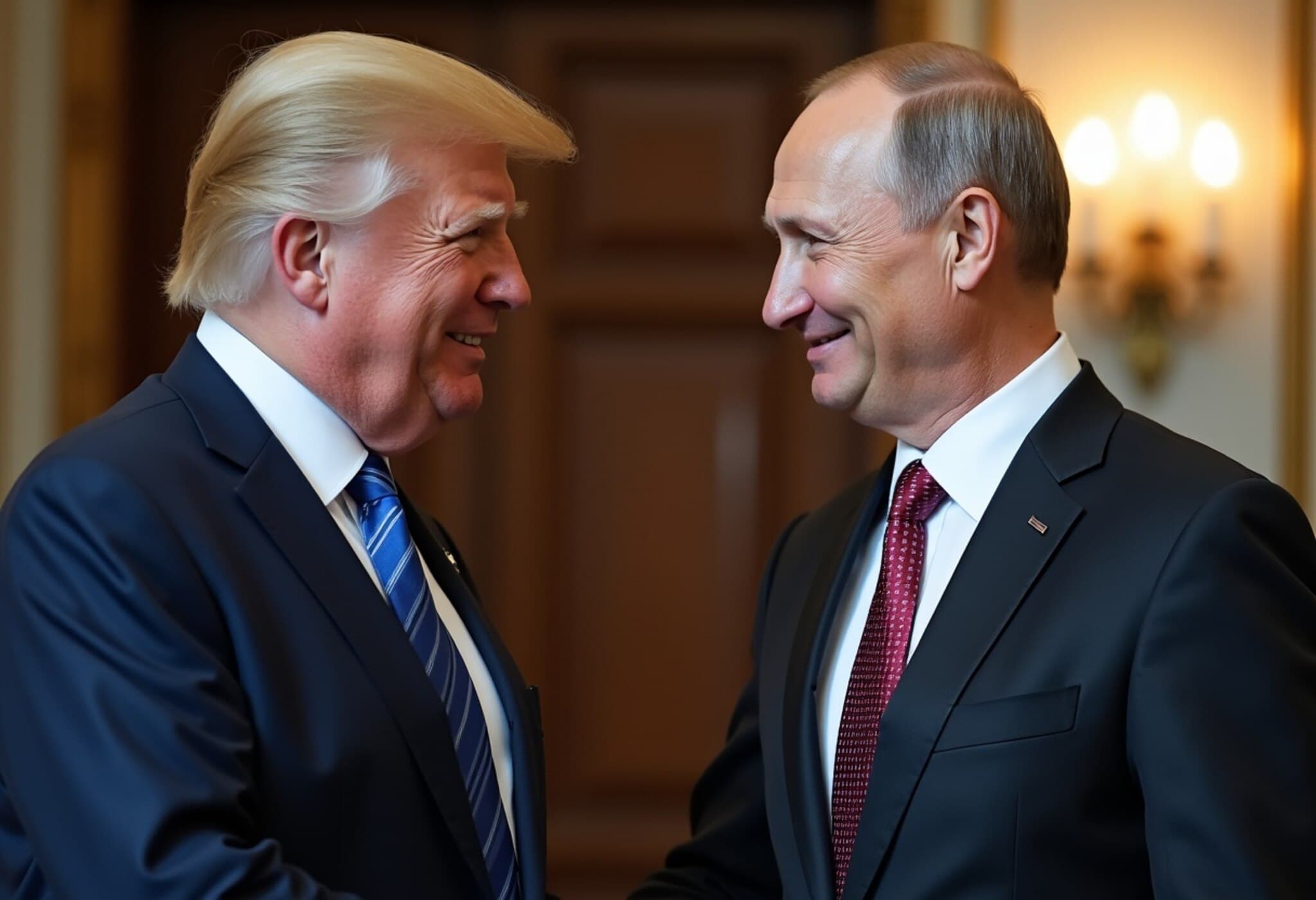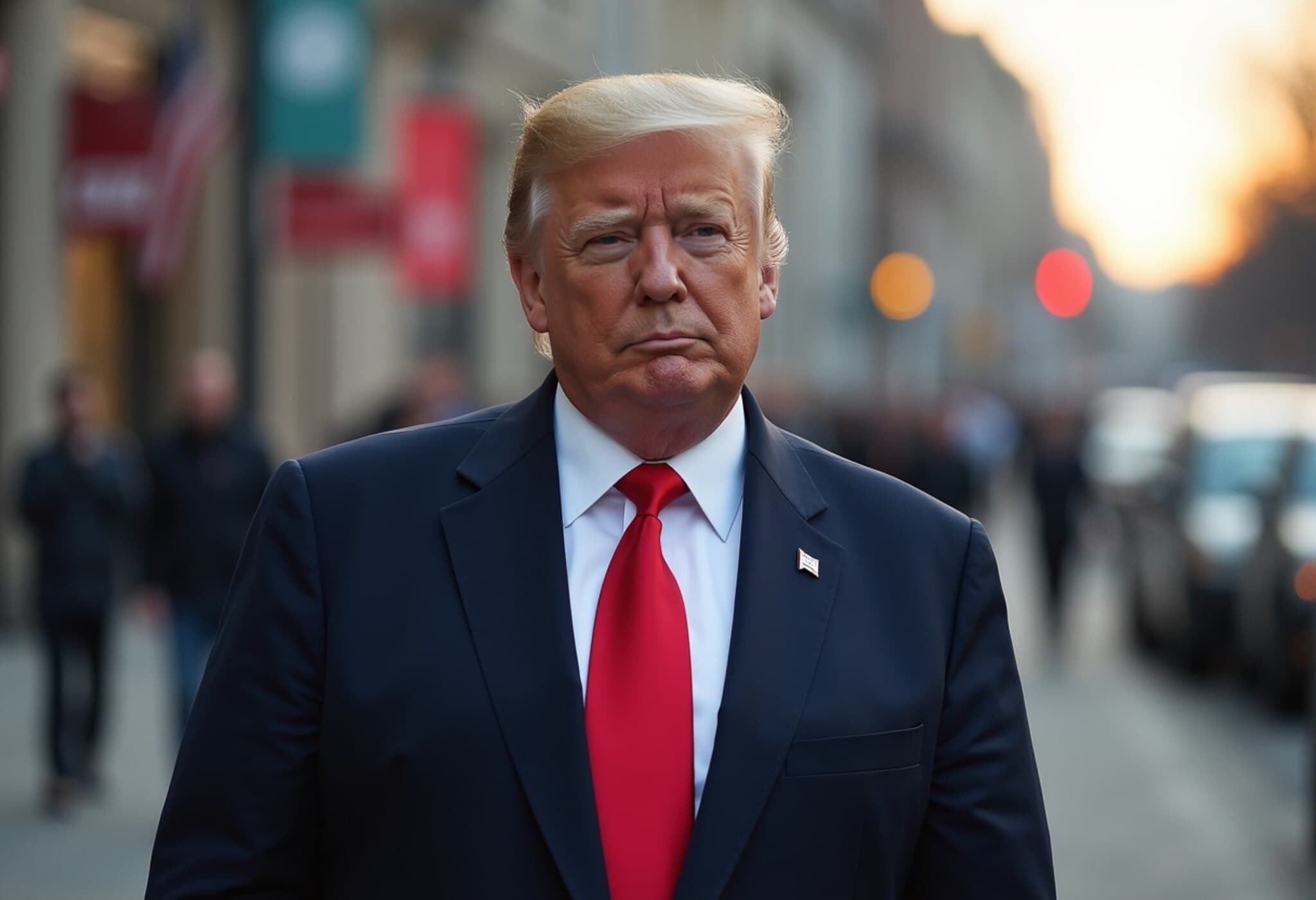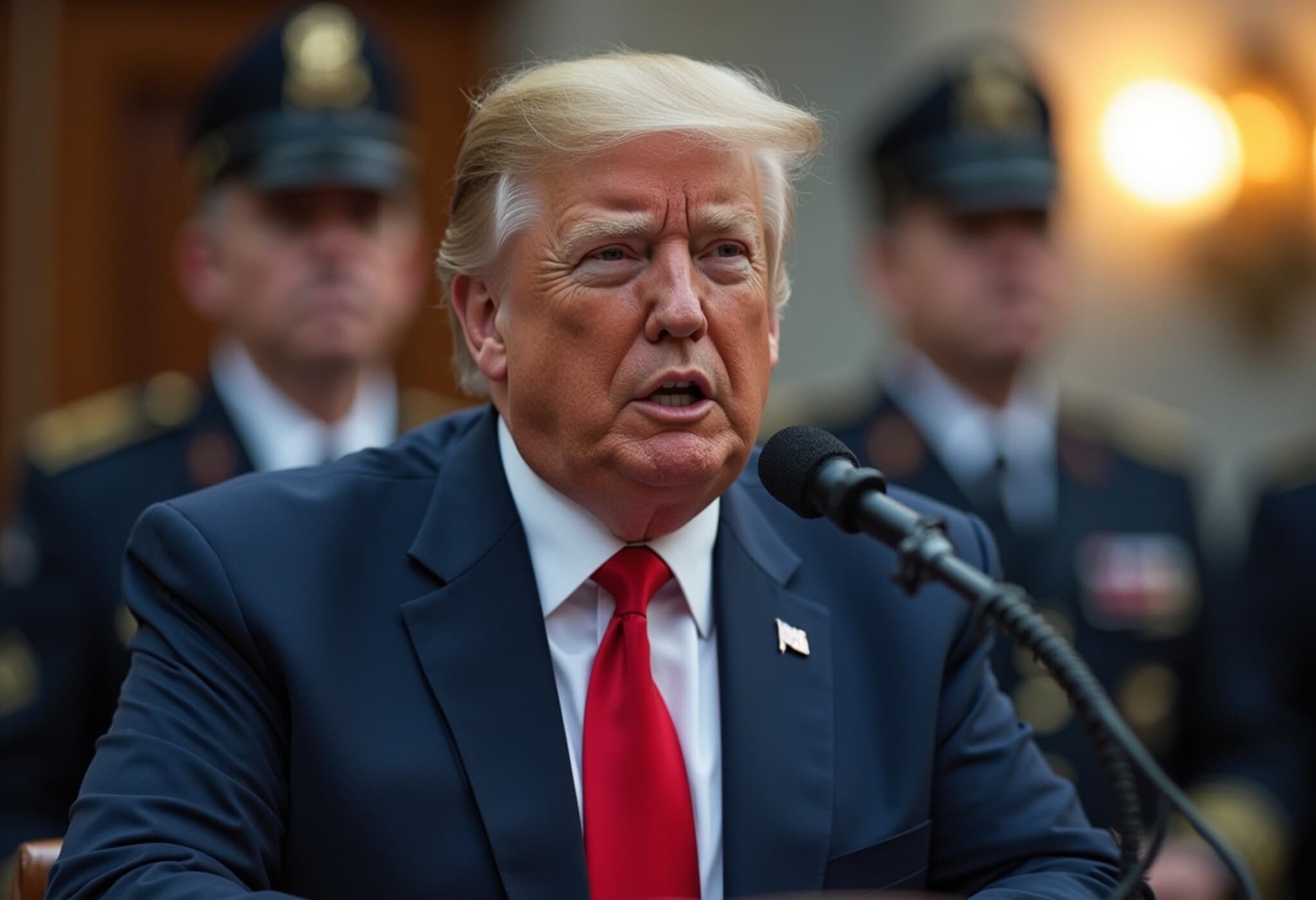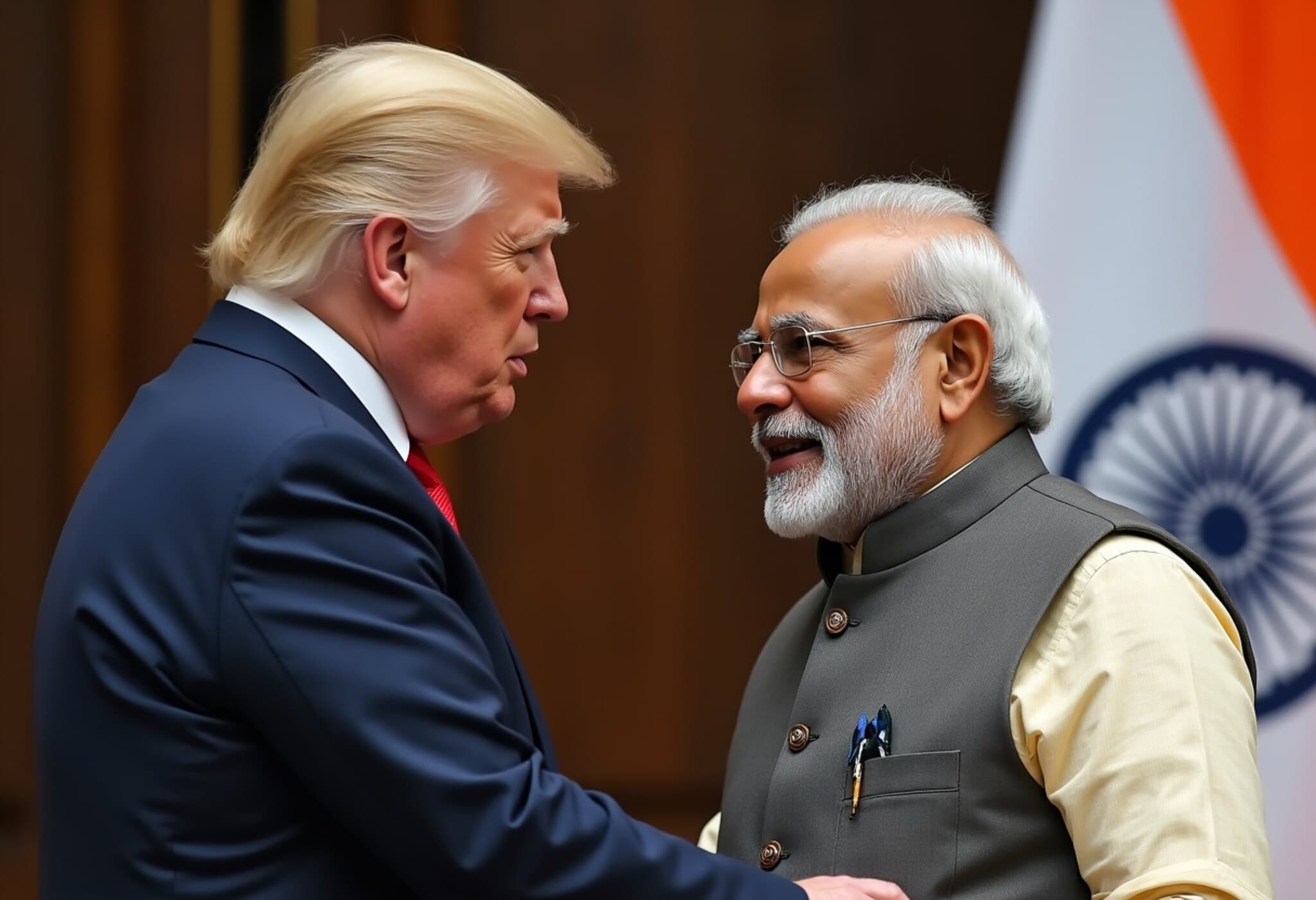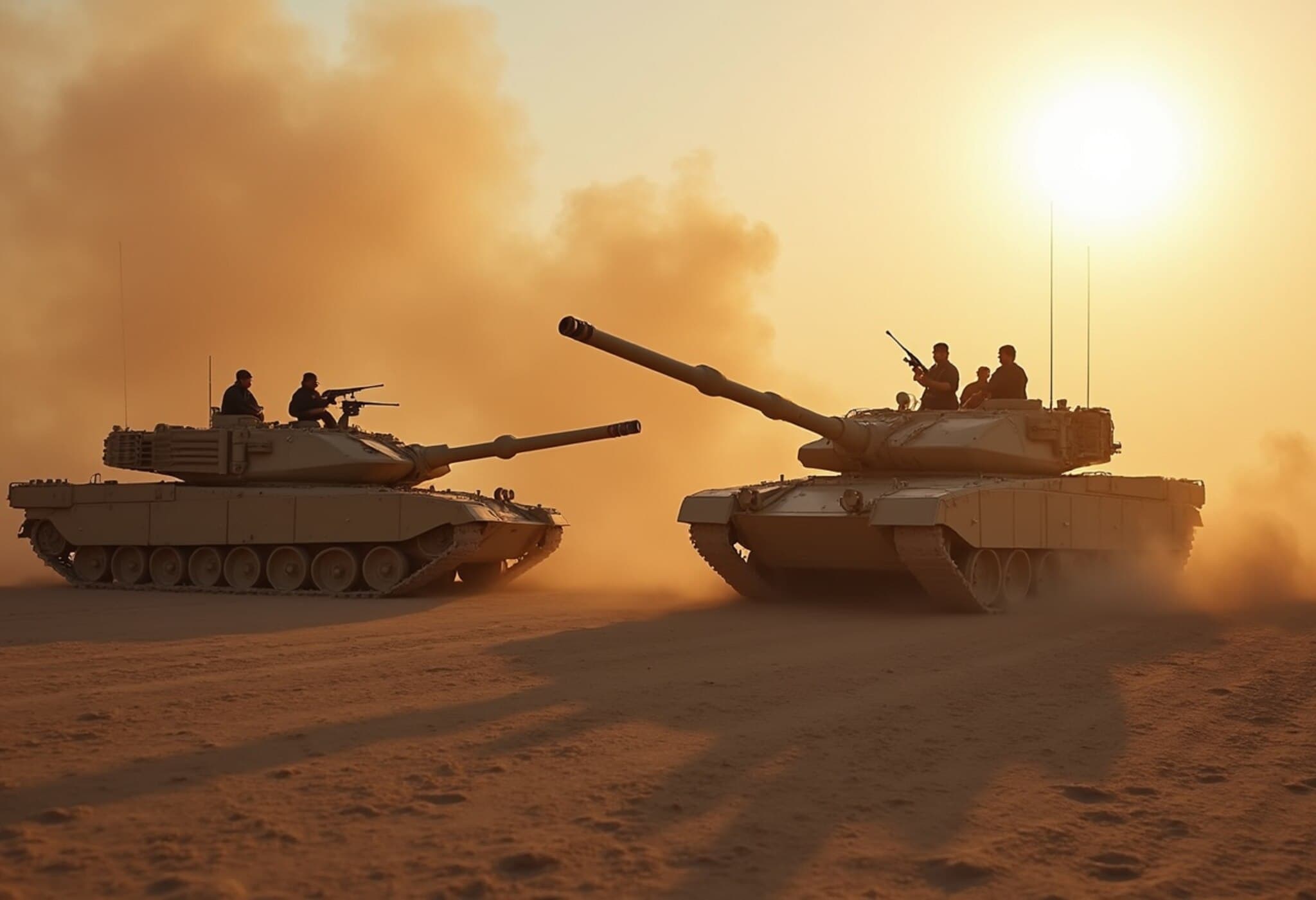Trump Voices Disappointment Over Putin but Keeps Door Open for Peace in Ukraine
In a candid 20-minute interview with the BBC on July 15, 2025, former US President Donald Trump openly shared his frustration with Russian President Vladimir Putin amid the prolonged conflict in Ukraine. Describing a relationship marked by mistrust and dashed expectations, Trump admitted, “I trust almost nobody,” when asked about his views on Putin. Despite multiple unsuccessful attempts at brokering a ceasefire, Trump emphasized he is far from abandoning diplomatic efforts, stating, “I’m disappointed in him, but I’m not done with him.”
Shifting Dynamics: From Skepticism to Support of NATO
This interview came on the heels of a White House meeting with NATO Secretary-General Mark Rutte, signaling a notable shift in Trump’s posture toward the alliance. Once a vocal critic branding NATO as “obsolete,” Trump now reaffirmed his commitment to the organization’s collective defense principle. Experts note this recalibration indicates a pragmatic adaptation as the Ukraine conflict stretches into its third year, reflecting a growing recognition of NATO’s strategic importance amid geopolitical turbulence.
Trump’s Controversial Tariff Timeline
Among the more startling proposals Trump discussed was a plan to impose a 100% tariff on Russian goods—but only if a peace agreement is not reached within 50 days. “If there’s no ceasefire in 50 days, the tariffs come in hard,” Trump declared. While intended to pressure Russia into negotiations, critics caution this timeline may inadvertently benefit Moscow.
- Putin reportedly informed Trump on July 3 that Russia plans a major ground offensive within 60 days.
- Trump’s 50-day tariff window would expire just after this anticipated offensive, potentially allowing Russia to escalate unchecked before economic sanctions take effect.
This raises the question: Is the deadline a genuine push for peace, or a strategic misstep that gives Russia breathing room to intensify military operations?
Between Ultimatum and Ambiguity
Trump’s declaration has split observers. Supporters herald it as a firm stance to bring Russia to the negotiating table. Meanwhile, skeptics view it as an empty ultimatum unlikely to deter Putin’s long-term strategy. Trump himself acknowledged this complex dynamic, remarking, “We’ll have a great conversation… then he’ll knock down a building in Kyiv,” highlighting a cycle of fleeting diplomatic hopes followed by renewed violence.
Analysis by policy experts suggests Trump’s approach teeters between diplomatic pragmatism and risky ambiguity. His willingness to keep talks open, despite repeated disappointments, could reflect a dealmaker’s persistence—or a misread of Putin’s calculated tactics.
Why This Matters: The Stakes for America and Europe
The conflict in Ukraine remains a pivotal geopolitical flashpoint with wide-ranging implications for global security and the transatlantic alliance. Trump’s evolving stance underscores the challenges leaders face balancing diplomacy, economic sanctions, and military realities. The proposed tariffs, if enacted, would mark a significant escalation in economic pressure on Russia, affecting global markets and energy supplies. Meanwhile, the timeline’s apparent misalignment with Russia’s military plans calls for a closer examination of U.S. strategic planning.
For American policymakers, the unfolding situation offers critical lessons on leveraging economic tools alongside diplomatic outreach. It also raises broader questions about how the U.S. can effectively mediate in complex conflicts without inadvertently empowering adversaries through ill-timed gambits.
Looking Ahead: What’s Next in Ukraine Peace Prospects?
As Trump puts emphasis on continued dialogue, the international community faces the challenge of navigating a path forward that avoids further bloodshed while imposing meaningful costs on aggression. The real test will be whether leadership on both sides can break the cycle of mistrust and violence.
Ultimately, this episode reflects the larger struggle over Ukraine’s future and the enduring contest between diplomacy and power politics on the world stage.
Editor’s Note:
Donald Trump’s mixed messages about Russia and Ukraine illustrate the nuanced difficulties underpinning peace efforts in protracted conflicts. His willingness to impose tariffs paired with a relatively short deadline might seem decisive, but it also risks being undermined by Russia’s military timing. As observers, we must ask: can economic pressure without synchronized military or diplomatic coordination tip the balance toward peace, or does it merely complicate an already precarious situation? This unfolding story reminds us that effective conflict resolution demands strategic foresight, unity among allies, and an honest appraisal of adversaries’ intentions.

